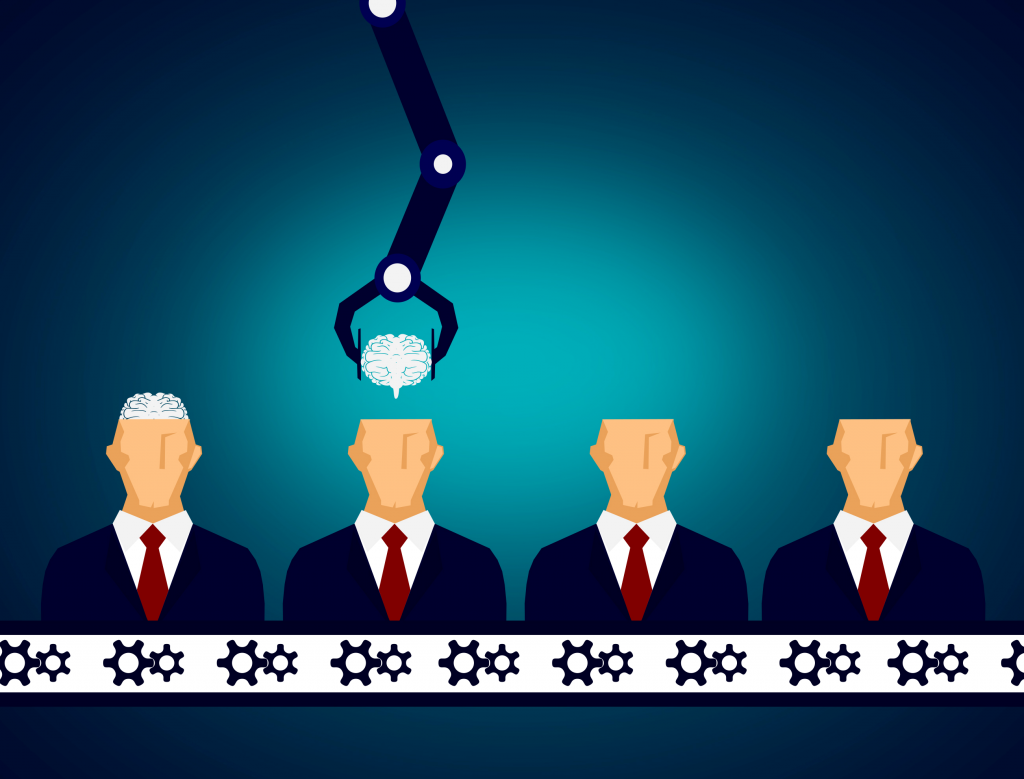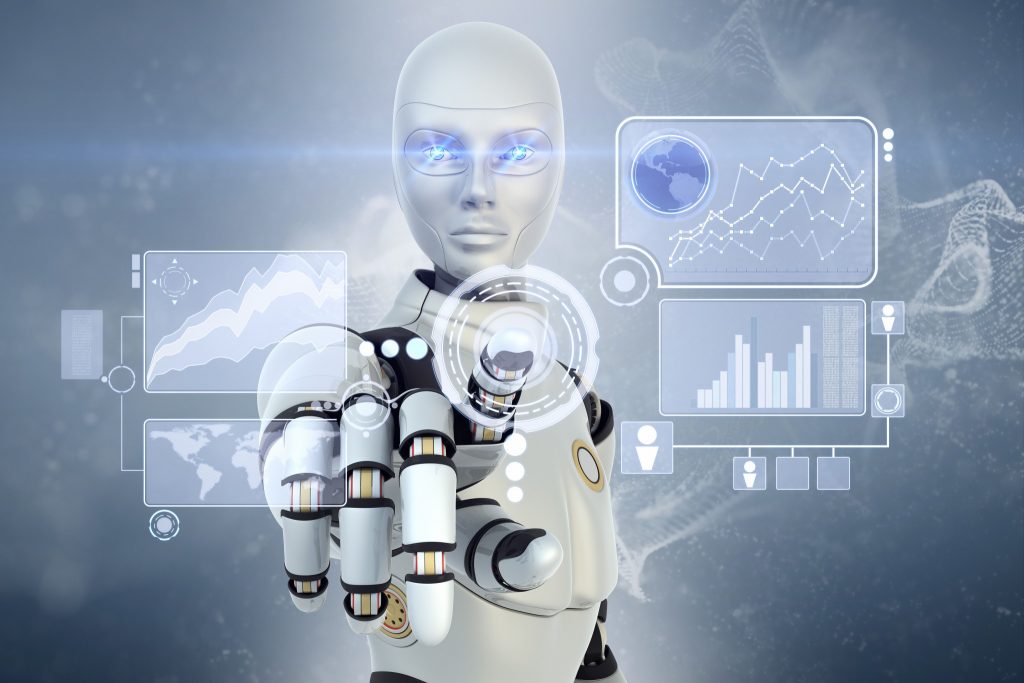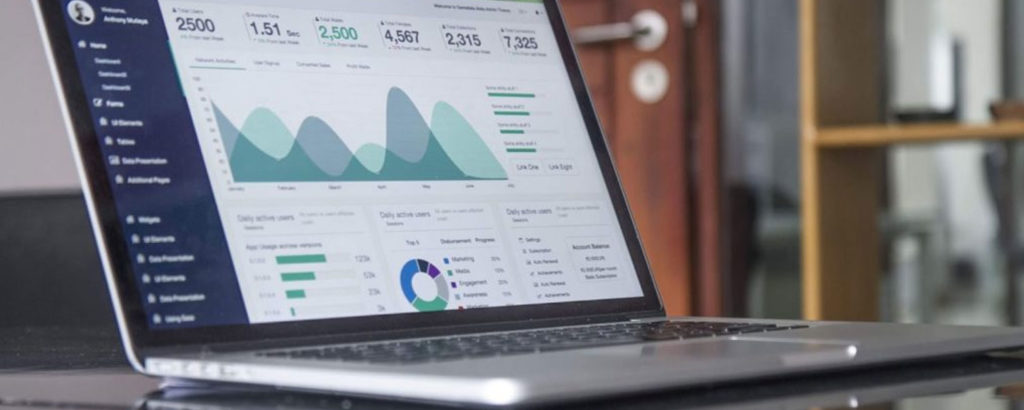I recently had a rather long conversation with an old friend who took me to task over something that I had written way back in 2001. Although I can’t seem to find a copy of the article, the statement that I had made was that an IT pro’s job is to make themselves obsolete.
My line of thinking when I wrote those words was that if an IT pro does his or her job really well, then everything should run so smoothly that some people within the organization will begin to question why the organization even has an IT staff. After all, there are hardly ever any computer problems. The reason why my friend had brought up such an old article was because of the current state of automation. He is convinced that IT automation has matured to the point that within the next 10 years, unemployment will become universal. There is no job, according to my friend, that cannot be automated out of existence. There are, in other words, no robot-proof jobs
In some ways I have to agree with my friend. Thanks to some of the more recent advancements in artificial intelligence, electronic sensors, and automation controls, it seems that nearly any task can potentially be automated. But are we really destined to live in a world of universal unemployment? I don’t think so.
Automation can be socially unacceptable

While it is true that nearly any job could potentially be automated out of existence, there are certain jobs for which automation would be socially unacceptable. If you don’t believe me, then just imagine how you would feel if the hospice nurse who is caring for one of your loved ones in their final days was suddenly replaced by a robot. Although a robot could conceivably be programmed to exhibit characteristics such as compassion and empathy, a robot is ultimately a cold, unfeeling, and uncaring machine. While it is true that a well-trained personal care robot might convincingly project love and compassion, the robot is ultimately faking it. It is impossible after all, for a machine to have genuine feelings.
It might also be socially unacceptable to automate away the jobs that involve the care of young children. A couple of examples might include elementary school teachers or childcare workers. Even though I don’t have any kids, I do have a couple of nieces that I am really attached to. I would not be comfortable leaving them in the care of a robot, especially not for hours on end as would be the case if the robot were replacing a school teacher.
When thinking of the implications of having robotic teachers, I can’t help thinking about my own childhood. Technology was comparatively primitive back then, but if a robotic teacher had existed, I might have actually felt sorry for it. Most of my friends back then were hooligans, and there is no telling what they would have done to that poor robot.
In all seriousness though, I think that while the technology may exist to automate all jobs out of existence, there will inevitably be some jobs that people demand be performed by a human. These will be jobs that require actual human compassion or creativity, or jobs in which people just do not trust a robot to keep them safe.
Human compassion

Earlier I used a hospice nurse as an example of a job that requires human compassion. I very seriously doubt that most people would accept the indignity of being cared for by a robotic hospice worker. But a hospice nurse is certainly not the only job that requires actual human compassion.
Another example might be the clergy. Regardless of which religion we are talking about, I am guessing that most people of faith probably would not be very receptive to the idea of having a robot lead them in worship. Worse yet, can you imagine a robotic minister presiding over someone’s funeral?
Creativity
Some potentially robot-proof jobs are entirely based around creativity, and at least some of those jobs are unlikely to be automated away. While there are robotic painters, composers, and poets, the performing arts will be far less likely to be ruined by automation. A dance choreographer, for instance, probably isn’t going to be replaced by a robot.
Human safety
A total dependence upon automation will hopefully continue to be avoided in situations in which the consequences of making a mistake are unacceptable. I have a good friend, for example, who is an airline pilot. My friend recently completed his qualification on a brand-new model of aircraft. Although I don’t know all of the specifics, my friend has told me that the jet pretty much flies itself. Even so, human pilots are always present because humans can react to situations that a computer was never programmed to anticipate. (The recent crashes of the Boeing 737 MAX jets may be an example of this.) This might include anything from a bird strike to an attempted hijacking. Simply put, human pilots can save lives.
Other unacceptable consequences

Robotic screw-ups can be unacceptable, even if they do not jeopardize human life. Consider for a moment how upsetting it would be for a bride to be left with no photos of her big day, because a robotic wedding photographer had a malfunction. While ruined wedding photos might not be as dramatic as an autonomous jet crashing and killing hundreds of people, I am guessing that there are many people who would not be willing to take the leap of faith necessary to allow a robot to handle their photography needs on such a momentous occasion.
What about entertainment?
I doubt that we will ever see robots replacing professional athletes, but Hollywood actors and actresses could be replaced with relative ease. There have been instances over the last few years in which stars who have died made holographic appearances on stage or their images have been generated by a computer for the movies.
If it is possible to use computers to digitally reanimate a dead celebrity, then future films could conceivably contain cast members who are purely digital creations and do not exist in the real world. In fact, the 2002 movie “S1m0ne” toyed with this very idea.
Robot-proof jobs: Humans still do some things better
While the technology does exist to automate most jobs out of existence, I seriously doubt that we are going to see universal unemployment, at least not any time soon. There are some jobs that just need to be performed by humans.
Of course one must also consider the cost of automation. Robotics and advanced AI engines are expensive. There are some jobs in which it will almost certainly be more cost-effective to retain a human employee than to purchase a robot. Imagine what it would cost for example, to purchase a robot that is sophisticated enough to be able to cook all of the items on a restaurant’s menu. It would be far more cost-effective to hire a human cook.
It’s also worth noting that in spite of all of the technology, robots don’t always perform as well as expected. In fact, a Japanese hotel recently made headlines when it “fired” some of its robotic workers because they were bad at their jobs.
Automation has been more successful in some areas than others, but even in industries where automation has been heavily adopted, it has not completely replaced humans. The grocery store that I shop at for example, has several self-checkout kiosks, but there are also a few human cashiers. Likewise, industrial automation is heavily used in the automotive manufacturing process, and yet I know people who work on the assembly line at a vehicle factory.
After giving a considerable amount of thought to the state of automation and its potential impact on employment, there is one burning question that I wish I had thought to ask the friend whom I mentioned at the beginning of this article. If unemployment does become universal, then what will it be like to go to the unemployment office since their staff will also presumably have been replaced by robots?
Featured image: Shutterstock



